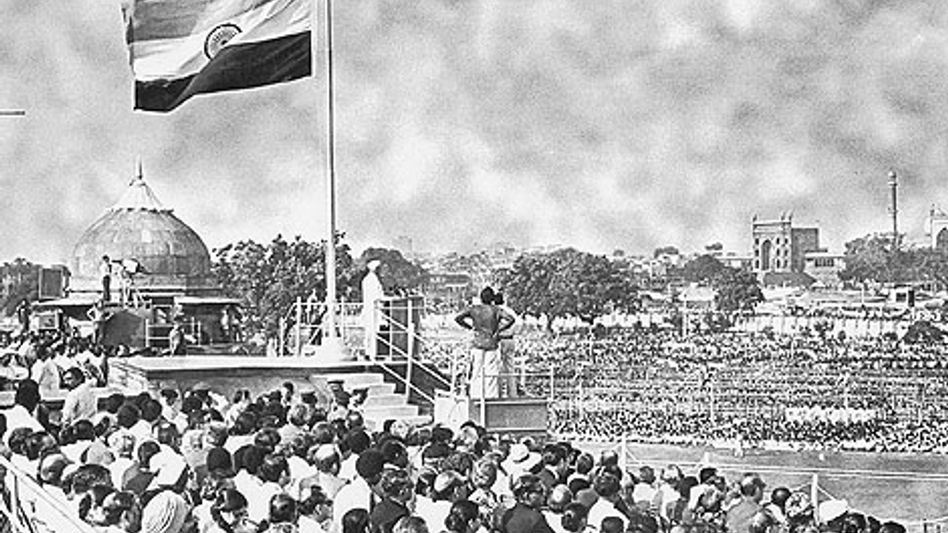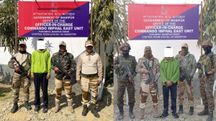World War-II, August Offer and road to Independent India
 India
IndiaGUWAHATI: Viceroy of India, Linlithgow made the so-called “August offer” in Simla on 8 August 1940. This proposal was a fresh attempt to promise mainly the expansion of the Executive Council to include more Indians and to recognize Indian’s right to construct their own constitution.
But since these conditions were applicable post World War II, it was clear that their intention was only to ensure India’s participation in the war. Hence this Offer was highly disdained by all major political parties in India.
Though Gandhi ji himself wrote in 1938 – ‘….war against Germany, to prevent the wanton persecution of a whole race, would be completely justified.’ But Congress rejected Gandhiji’s stand on cooperation with the war effort.
Also Read: Assam CM Lauds ULFA(I)’S Decision To Extend Unilateral Ceasefire
Congress was in favor of the aim of the war, but they were offended by Britain’s interference in presuming participation on India’s behalf. Congress ministries resigned to show protest. They passed resolutions in legislative assemblies to regard India as independent and to let Indians’ frame their own constitution.
Congress in December 1940, proceeded to launch an individual Civil Disobedience campaign on Mahatma Gandhi’s reference through the radicals and the leftists were looking for a mass Civil Disobedience. This movement was not to demand the Independence of India but to right of speech.
In March 1942 Britain Prime Minister Winton Churchill, following British collapse in Southeast Asia and fall of Rangoon, sent Sir Cripps to India with a proposal where for the first time they mentioned clearly that constitution would be sole and alone responsibility of Indians. Also, the Constituent Assembly idea was univocally granted.
But all other divisive aspects of this proposal stood in front of Indian Nationalists’ satisfaction. It became too radical to Churchill and conservative for the Indians. The faillure of this proposal led to AICC's famous resolution of August 1942, which demanded the British to ‘Quit India’ or adjure Indians to ‘Do or Die'. The mass rush that followed along left the British with no double thoughts that the final time for mediation had arrived. Right after the war ended in Europe (1945, May), a white paper had been issued on India which paved India's way to her freedom.
Copyright©2026 Living Media India Limited. For reprint rights: Syndications Today









